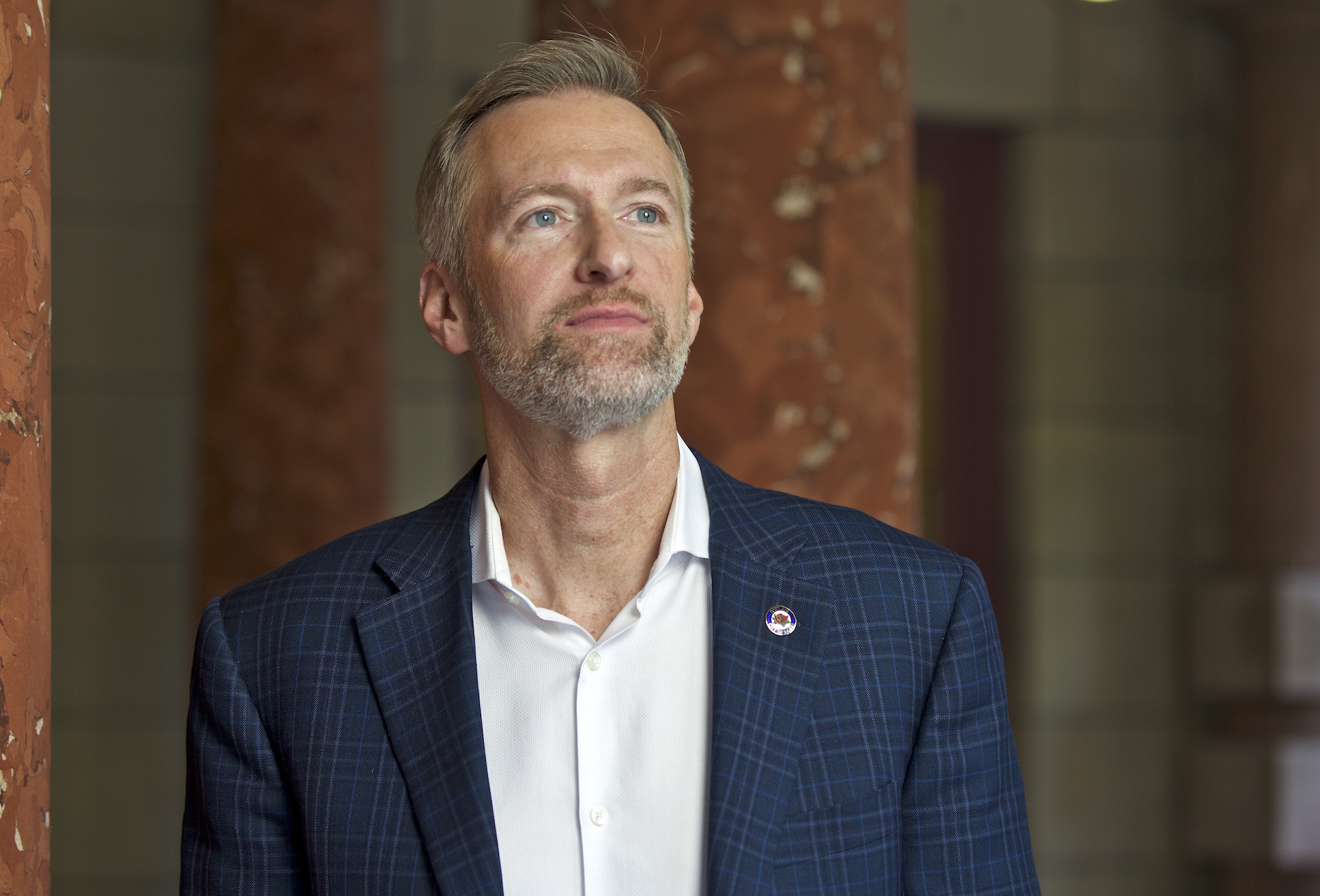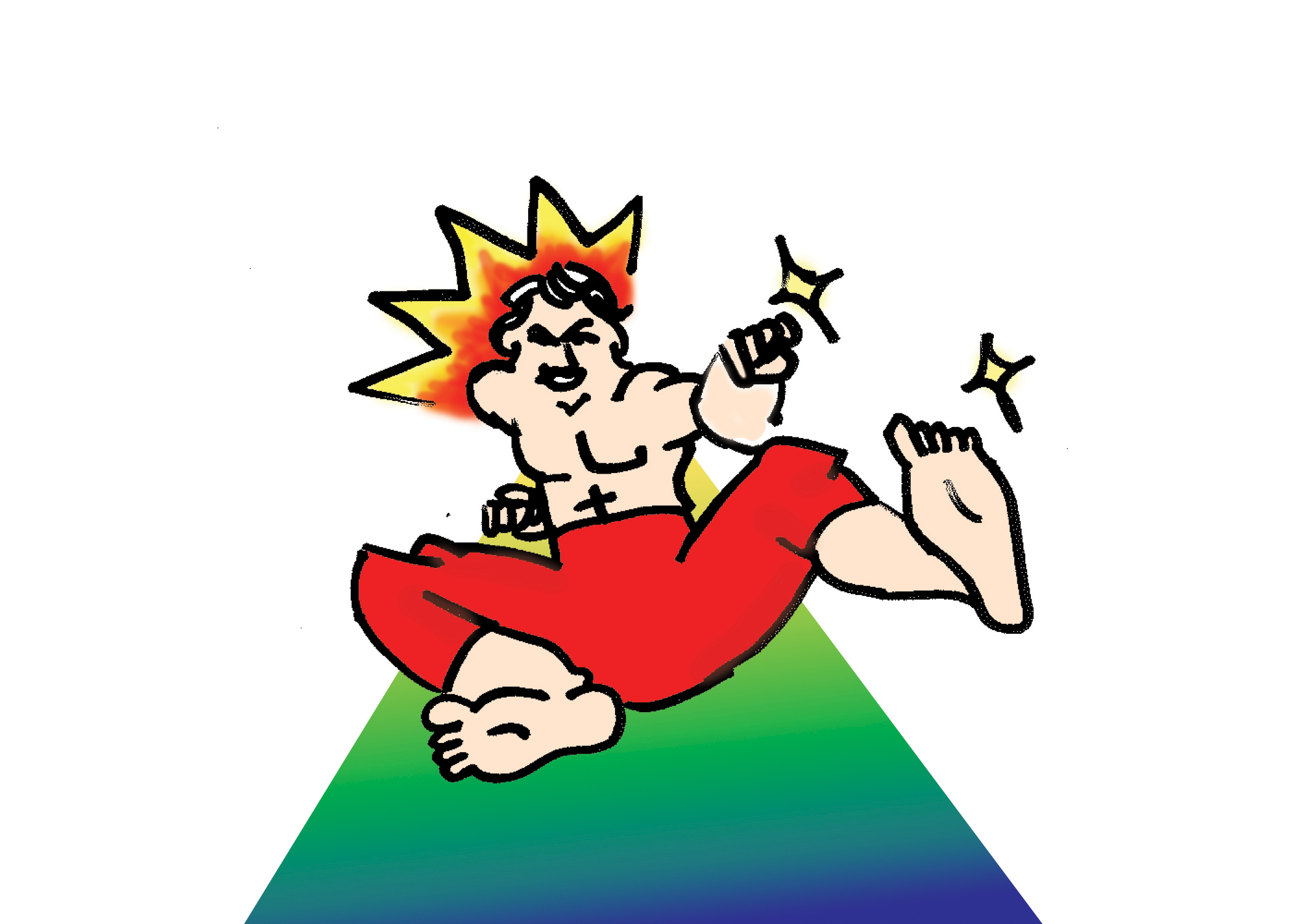1820, The Oregon Territory. Two men, Cookie (John Magaro) and King-Lu (Orion Lee)—who are struggling to survive in the burgeoning world of the Pacific Northwest—build a business off of fried buttermilk biscuits made with the stolen milk of a English landowner (Toby Jones). Each night, they swiftly and silently sneak onto his settlement to milk his cow, which is the first in the territory. Such is the premise of writer-director Kelly Reichardt’s newest film First Cow, a gentle, minimalist tale of triumph and serenity based on Jonathan Raymond’s 2004 novel, The Half-Life.
First Cow is the fifth of Reichardt’s eight features to be set in Oregon, following her indie dramas, Old Joy, Wendy and Lucy, Meek’s Cutoff and Night Moves. Her last film, 2016’s Certain Women, spirited viewers away to a trio of stories set in Livingston, Montana.
First Cow is not just a return to Reichardt’s classic style of Oregon filmmaking, but also her first film since 2006’s Old Joy to heavily involve themes of male friendship and bonding. The story of Cookie and Lu is simultaneously triumphant and elegiac, reminiscent of a campfire story on the side of the river banks of Oregon.
Reichardt’s style specializes in a specific kind of minimalist and humanist filmmaking, and it’s more present than ever in First Cow. Everyday objects and industrial minutiae of past and present are photographed and presented with an aesthetic that feels simultaneously naturalistic and nostalgic—producing feelings of memory for an era two centuries past. Plucky guitars and banjos drift across a frontier otherwise drowned out by sounds of flowing rivers, waterfalls and the in-and-out machinations of the territory’s inhabitants. All forms of life pass through the flora of Oregon, adorned with dew and saturated by deep shades of chlorophyll. Every composition is delicate and each piece of the artistic whole crafted with an individual sense of gentleness.
Even in its most tenuous and fragile moments, First Cow never feels like it loses its sincerity. Moments of genuity are tinged with a sense of textural memory; every element of the natural world is lovingly committed to digital, cementing and defining each scene and moment with a sense of permanence in a world that feels so ephemeral. The dreariness of the Pacific Northwest is juxtaposed with the small victories of life on the frontier—a successful heist, a pan of delicious biscuits and a roasted squirrel after weeks of foraged mushrooms and empty stomachs all illustrate scarce moments of respite and serenity.
Amidst the deluge of struggle, a bright, unfettered light shines on Cookie and Lu. The titular cow represents not just a fountain of fortune for the scruffy duo, but a beacon in the dark—a savior to guide the two towards a better life. While the rich landowners of the frontier debate over the viability of the fashion industry in France, a region so alien to 19th-century Oregon, the diasporic settlers of this new land are forced to stay afloat, struggling to find meaning, purpose and possibility.
“It’s the getting started that’s the puzzle,” Lu says. “No way for a poor man to start.”






